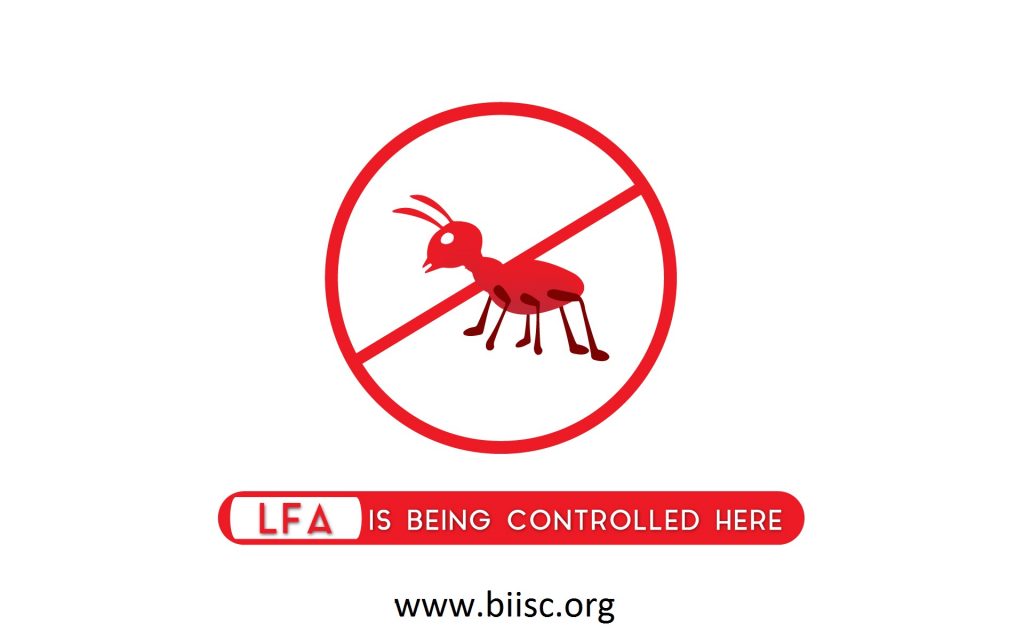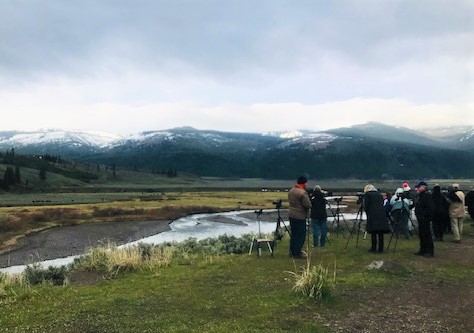
Relational Organizing for Conservation
Relational organizing involves enlisting motivated volunteers to share information about and encourage others they know to engage in a desired behavior. Relational organizing can be highly effective at achieving rapid, widespread community action for conservation. However, many people motivated to engage in conservation behavior in their own lives are reluctant to reach out to others they know about conservation causes. We are conducting surveys, interviews, and online and field experiments to examine how to motivate more individuals to participate in relational organizing to enhance the scale and speed of conservation action. To do so, we are collaborating with local governments, NGOs, and private industry to test relational organizing campaigns for conservation-related causes.
Watch our webinar about relational organizing here.
Read more about our work here.
Funders: National Science Foundation Decision, Risk, and Management Sciences and Social Psychology Directorates

The Influence of Message Framing on Conservation Attitudes and Actions
Through surveys and field-based experiments, we are examining how different message frames influence public perceptions and actions with regard to conservation causes. Some of the frames we are testing include normative and efficacy appeals, emotional appeals, extreme vs moderate appeals, and appeals that anthropomorphize animals. We are testing experimentally how these different types of messages influence public attitudes and behaviors with regard to human-carnivore coexistence, wild horse management in the West, wolf reintroduction in Colorado, and invasive species management in Hawaii.
Funders: National Geographic Society, Private Donor

Public and Stakeholder Perspectives on Wolf Restoration in Colorado
In Fall 2020, Colorado voters approved Proposition 114, which mandates the reintroduction of wolves to the state by the end of 2023. Through longitudinal public surveys, media analyses, and stakeholder interviews, we are tracking diverse perspectives on wolf reintroduction and management over time and how the wolf reintroduction planning process impacts social outcomes, such as trust and social conflict. Read more about the project here.
Funders: National Science Foundation Decision, Risk, and Management Sciences; Private Donors